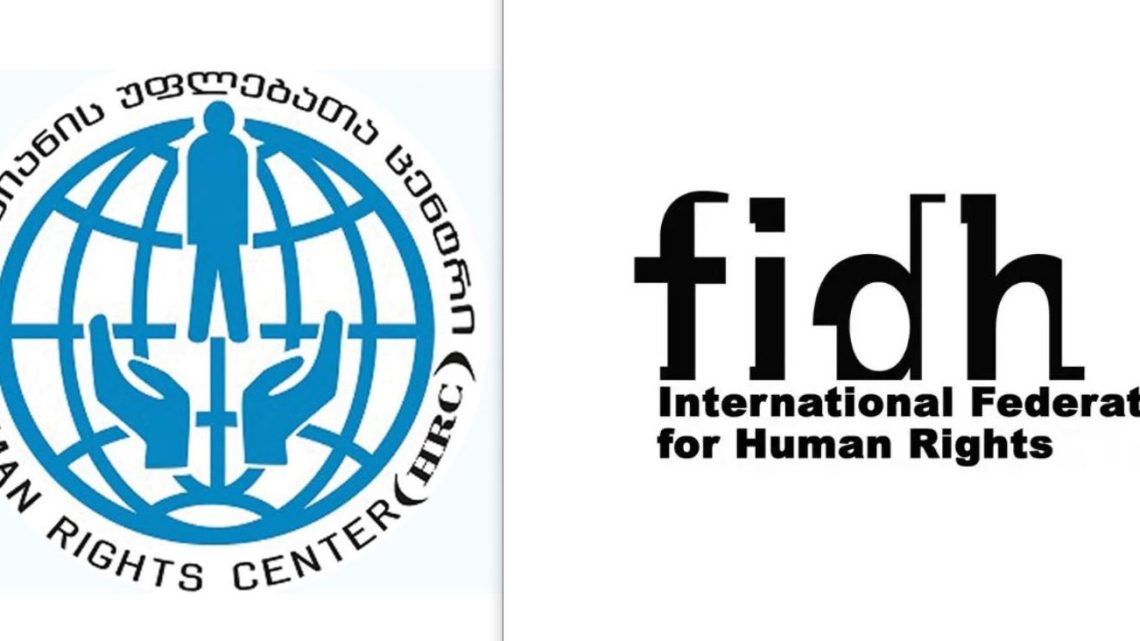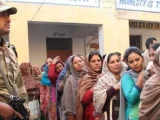
Land Theft and Demographic Warfare in IIOJK – Post Article 370 Abrogation: FIDH Report
October 9, 2024A recent report by the International Federation for Human Rights (FIDH) raises the alarm on rampant land seizures in Indian illegally occupied Jammu and Kashmir (IIOJK). The scale of these actions rivals the repression seen in Hong Kong.
In the 56-page report, titled “Your Land is Our Land – India’s Land Rights Violations in Kashmir,” FIDH meticulously details the fallout from drastic legal changes since 2019. The revocation of IIOJK’s special status has intensified assaults on Kashmiri human rights, particularly land rights.
The report claims these alterations have enabled Indian authorities to forcibly evict thousands of Kashmiris. This occurs without due process and blatantly disregards international human rights obligations. The situation is dire, with local populations living in fear.
Post-2019, new laws permit any Indian citizen to claim residency in IIOJK. This grants them the right to buy land, secure jobs, and participate in elections. By dismantling pre-existing land protections, the BJP-led government has set the stage for significant demographic shifts in the region.
These changes are perceived by many Kashmiris as a form of “demographic aggression.” The fears are intense; the identity of Muslim-majority IIOJK hangs in the balance.
In January 2023, IIOJK authorities launched a so-called anti-encroachment drive to reclaim 2.24 million kanals of land—an area comparable to Hong Kong. This initiative has created a climate of terror, as residents face the grim possibility of losing their homes.
The FIDH report links these land grabs to a wider ethno-nationalist agenda. Within a month of the eviction drive’s start, authorities seized over 10 lakh kanals (around 250,000 acres). This is not just land theft; it’s a calculated effort to dispossess locals, particularly targeting Muslim households.
Furthermore, plans to create a “Special Investment Corridor” in Srinagar aim to generate jobs but may inadvertently attract non-locals, further destabilizing the demographic balance. Such initiatives threaten the social fabric of the region.
Changes to permanent residency and land laws under the 2019 J&K Reorganisation Act risk altering the political landscape. The addition of 2.5 million new voters in 2022, coupled with boundary changes, may dilute Kashmiri Muslims’ political representation.
Additionally, new reservation rules introduced since 2019 disproportionately favor Hindu, high-caste, and pro-BJP groups under the guise of empowering marginalized communities. This is a blatant manipulation of social justice.
FIDH urges the Indian government to restore the democratic rights of Kashmiris. This includes repealing oppressive laws such as the Unlawful Activities (Prevention) Act and the Public Safety Act. The time for action is now, as Kashmir teeters on the edge of erasure.
The research for this report involved interviews with academics, lawyers, and journalists between January and August 2024. The findings are alarming and demand immediate attention. Kashmir’s plight is not just a local issue; it’s a global human rights crisis.

